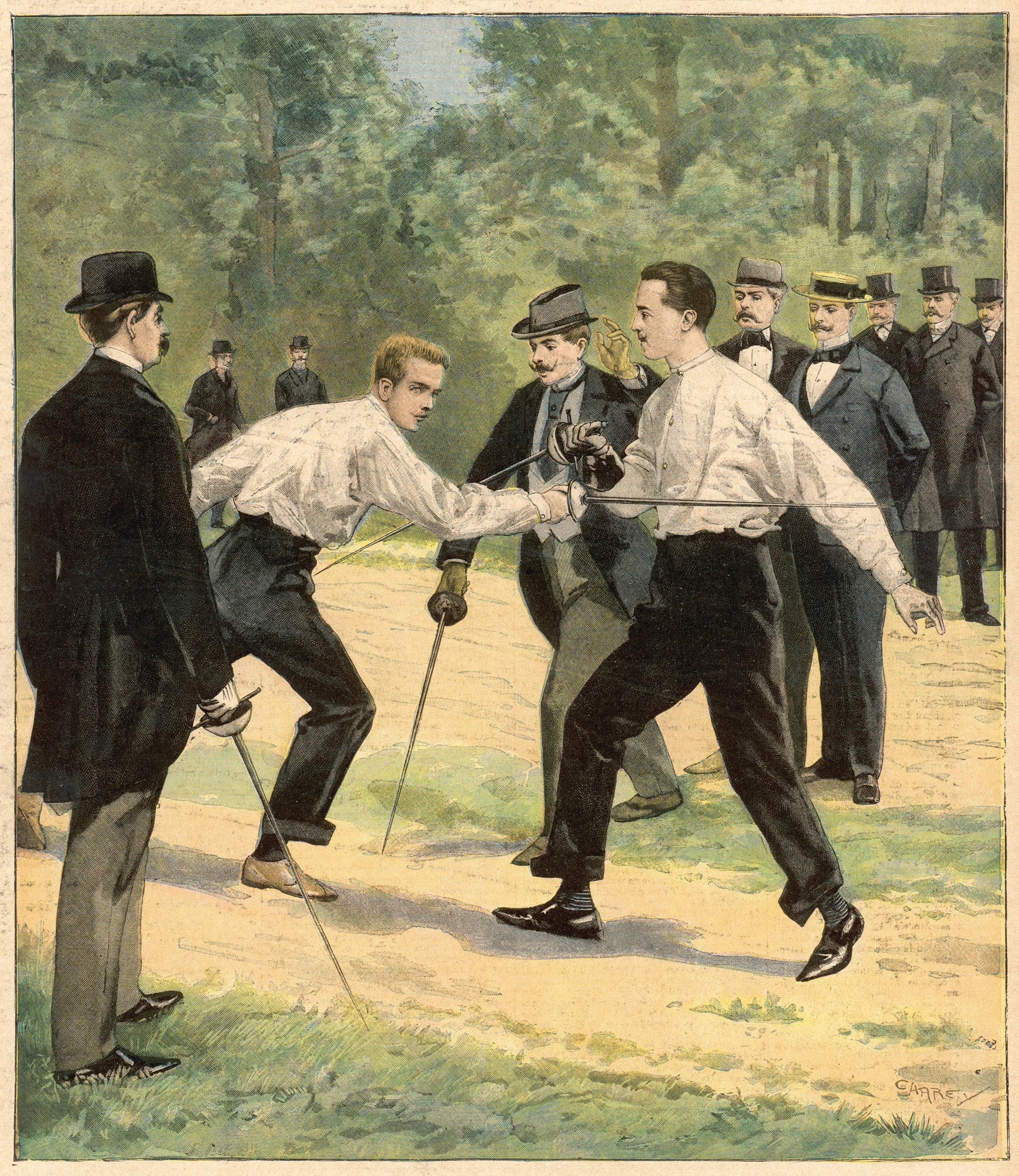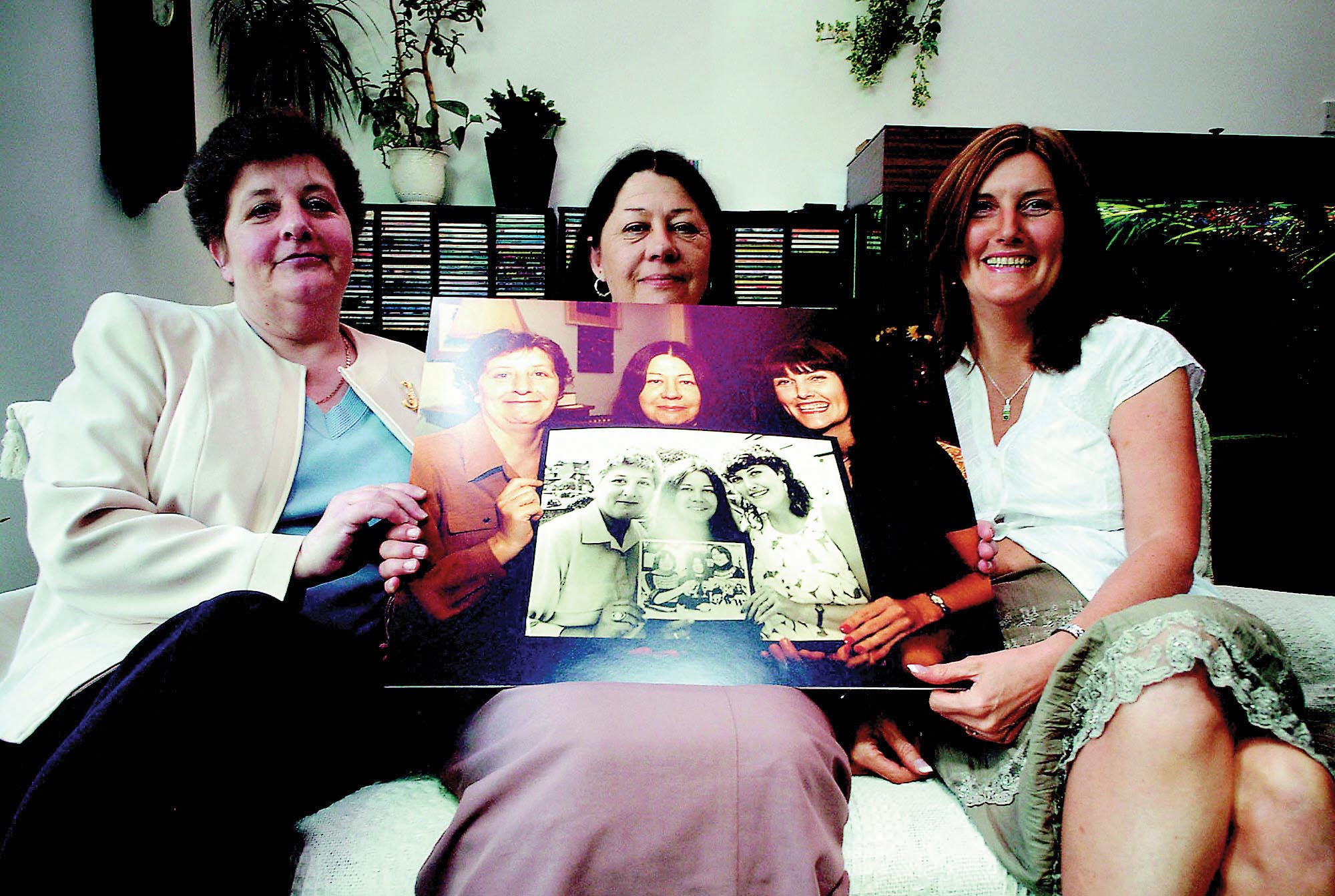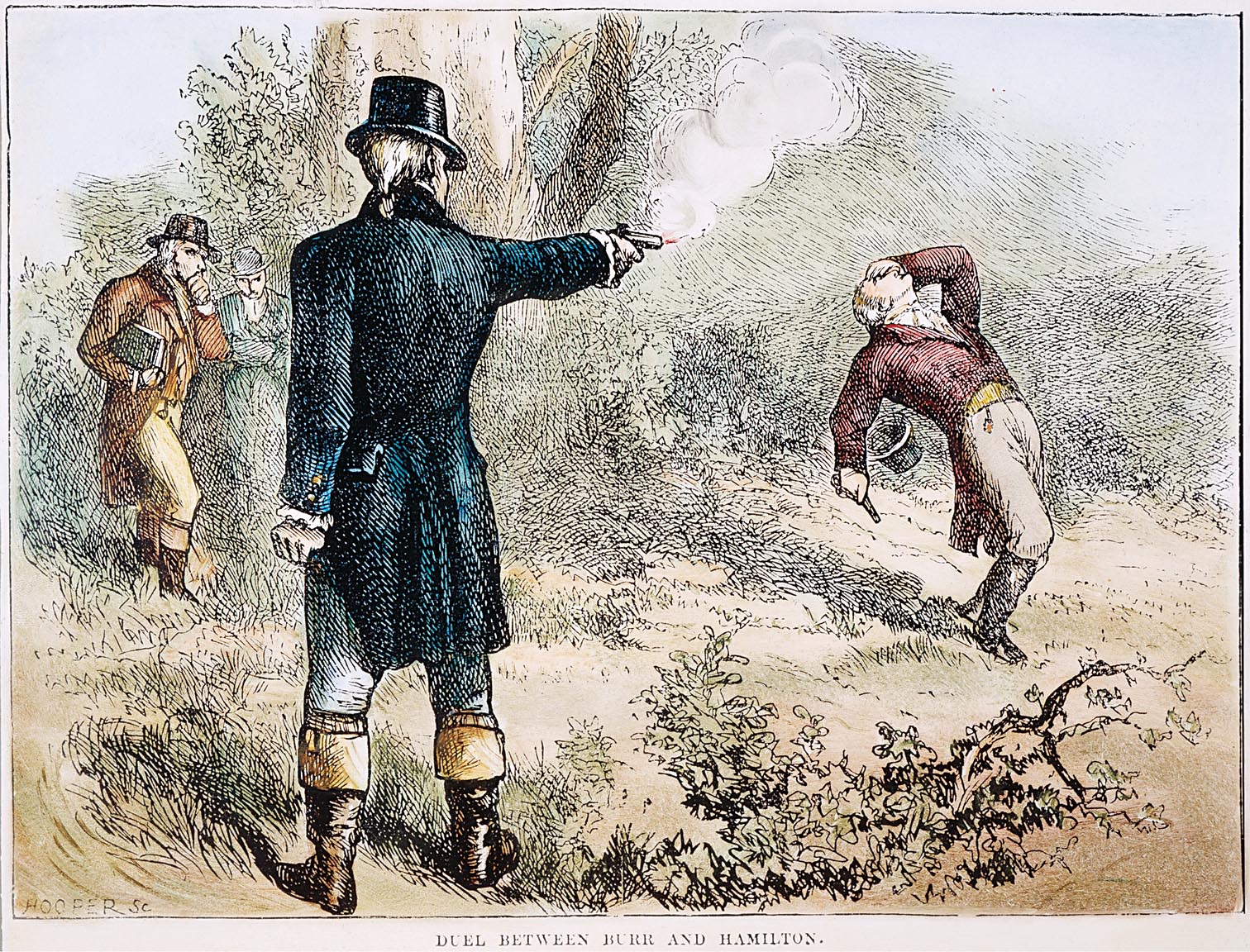CHAPTER
2
The Methods of Social Psychology

Is there a regional culture of honor in which people are generally more accepting of crimes that have been committed to protect one’s honor?

What are the benefits of conducting a longitudinal study spanning decades?
RETAIL BUSINESS OWNERS ACROSS THE NORTHERN and Southern United States received the following letter from a job applicant who described himself as a hardworking 27-year-old man relocating to the potential employer’s town. Among a set of appropriate qualifications listed in the letter, the applicant described one striking blemish on his record:
There is one thing I must explain, because I feel I must be honest and want no misunderstandings. I have been convicted of a felony, namely manslaughter. You will probably want an explanation for this before you send me an application, so I will provide it. I got into a fight with someone who was having an affair with my fiancée. . . . One night this person confronted me in front of my friends at the bar. He told everyone that he and my fiancée were sleeping together. He laughed at me to my face and asked me to step outside if I was man enough. I was young and didn’t want to back down from a challenge in front of everyone. As we went into the alley, he started to attack me. He knocked me down, and he picked up a bottle. I could have run away and the judge said I should have, but my pride wouldn’t let me. Instead I picked up a pipe that was laying in the alley and hit him with it. I didn’t mean to kill him, but he died a few hours later at the hospital.
Some business owners who received the letter replied and complied with the applicant’s requests, providing a job application, the name of a contact person, or a phone number to call. Some even sent a personal note along with their response.
In truth, however, the applicant was a fictional character created by two social psychologists in a carefully planned study (D. Cohen & Nisbett, 1997). The investigators measured the degree to which potential employers responded to the applicant’s inquiry. If there was a note, the researchers rated how sympathetic it seemed—how encouraging it was and whether it mentioned an appreciation for the applicant’s candor.
Dov Cohen and Richard Nisbett found distinct patterns in the replies. Retailers from the South complied with the applicant’s requests more frequently than those from the North did. And the notes from Southern business owners were much warmer and more sympathetic. One Southern retailer wrote in her letter:

As for your problem of the past, anyone could probably be in the situation you were in. It was just an unfortunate incident that shouldn’t be held against you. Your honesty shows that you are sincere. . . .
I wish you the best of luck for your future. You have a positive attitude and a willingness to work. Those are the qualities that businesses look for in an employee. Once you get settled, if you are near here, please stop in and see us.
No letter from a Northern employer was remotely as sympathetic.
Why were the Southerners seemingly so accepting of murder? You will find out in this chapter. More important, you will learn how the investigators found out. In addressing this question, the investigators employed most of the methods at the disposal of social psychologists—methods that deepen our understanding of human behavior and, in so doing, give us some tools to benefit society. ◼